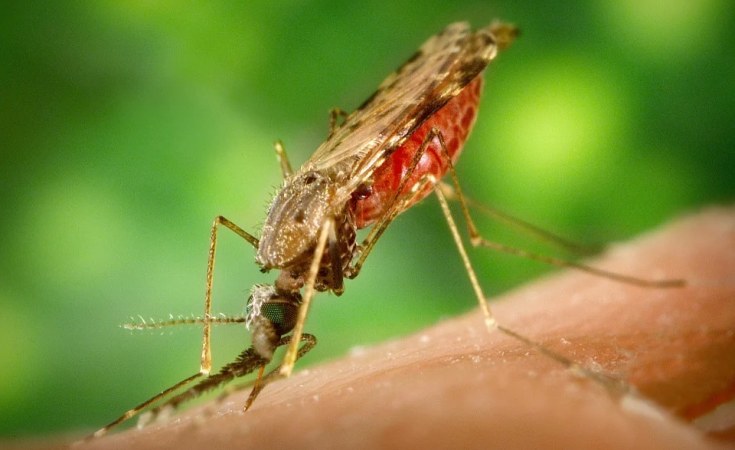
A longhorn Steakhouse associated with a Shigella outbreak has been cleared to reopen after having closed on Oct. 2. The investigation into the restaurant in Fairview Heights, IL, continues, according to the St.
Clair County health department. As of Oct. 17, there were 26 confirmed patients positive for Shigella infections and an additional 66 probable patients.
Twelve patients were so sick that they had to be hospitalized. Patients ranged in age from 12 to 84. The Longhorn Steakhouse was closed after patrons started becoming ill.
Patients included people who ate at the restaurant from Sept. 19 to Oct. 2 The St.
Clair County health department investigators found food safety problems at the location. The county health department reports that the business hired an outside company to clean the restaurant and trained staff in proper hand washing and safe food handling practices. The health department also said employees are required to have two negative tests for Shigella, 24 hours apart, before being cleared to return to work.
People who have had Shigella infections can spread the infections for several weeks after their symptoms have subsided. About Shigella infections Food contaminated with Shigella bacteria does not look or smell bad. Anyone can become infected with Shigella.
It is especially dangerous for infants, children, seniors, and people with weakened immune systems. Shigella infection causes fever and diarrhea, which may become bloody. These symptoms occur one to two days after coming in contact with the bacteria.
Symptoms typically last 5 to 7 days, but some people may experience symptoms anywhere from a few days to 4 or more weeks. People with diarrhea should contact their doctor if they have fever, bloody or prolonged diarrhea, severe stomach cramping or dehydration. Shigella cases should quickly be reported to the local health department by health care providers and laboratories.
Disease transmission occurs when Shigella bacteria pass from one infected person to the next. Shigella infections also may be acquired from eating contaminated food. The microscopic bacteria are present in the diarrheal stools of infected people while they are sick and for a few weeks afterward.
Most infections occur when the germ passes from the stool or soiled fingers of one person to the mouth of another person. The spread of Shigella from an infected person to other persons can be stopped by careful hand washing with soap and water, particularly after using the restroom. Frequent, supervised hand washing of all children should be followed in homes with young children (including children in diapers).
When possible, young children with a Shigella infection who are still in diapers should not be in contact with uninfected children. People who have shigellosis should not prepare food or beverages to be consumed by others until they have been shown to no longer be carrying the Shigella bacterium. (To sign up for a free subscription to Food Safety News, click here).














